Retail Central: Erina Fair stake hits the block
The sale of a stake in the $900m centre will be a litmus test for the market as big malls are turned into destinations for living and entertainment.
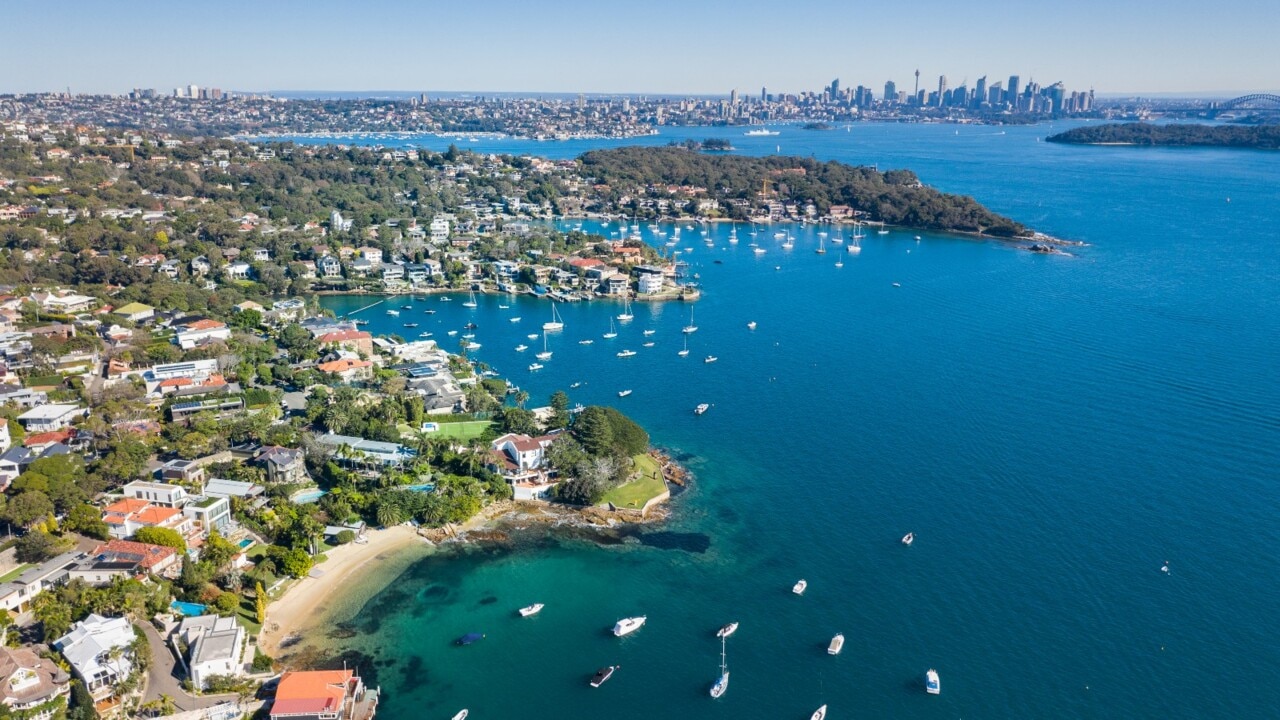
The regional shopping centre market is set for one of its largest tests in the wake of the pandemic, with a half stake in the massive Erina Fair on NSW’s Central Coast hitting the block.
The move by South Korea’s National Pension Service to offer its 50 per cent interest in the massive mall, which is valued at about $900m, is expected to set new benchmarks. The large end of the retail property market has seen relatively few transactions since Covid-19 struck, but malls traded through the crisis and visitations and consumer spending have bounced back strongly.
Investors are now chasing the sector as property owners have adjusted their return expectations and are also turning to the mixed-use potential of the dominant land holdings. The retail sector had also been hit by valuation writedowns, with some assets cut before the pandemic, and then again in its wake, positioning them to trade.
While office landlords are yet to take widespread pain on values, even as some towers trade at a discount and other deals are put on hold, the retail sector has experienced a resurgence of activity. Investors are chasing not only the safety of neighbourhood centres, but also competing for larger subregional centres.
Capital is now turning to even larger assets, with a series of centres and stakes in bigger malls likely to come to market as wholesale funds seek to fund redemptions and listed groups look to cut gearing.
Agency CBRE is handling the sale for the NPS, but the firm and the investor were unavailable for comment. The Korean institution picked up the stake from the GPT Group a decade ago when the centre was worth about $800m.
Appetite for centres is now coming both from offshore as Australian retail is perceived as safer than oversupplied markets, as well as from local players, who are now in the market buying centres and raising capital.
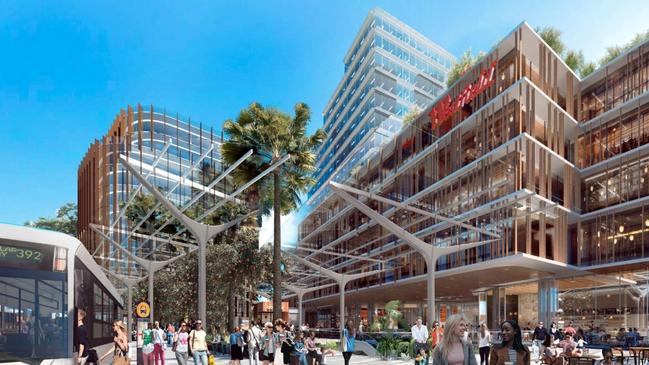
In another recent big play, Lendlease’s flagship unlisted retail property fund is selling Cairns Central, and it is now in due diligence to Queensland real estate group McConaghy Properties at about $430m.
The Lendlease-run fund has already sold down a series of large shopping centres.
Funds manager Sentinel Property Group really kicked off the run of sales of big centres when it last year bought Caneland Central shopping centre in Mackay from the fund for a discounted $280m.
Sentinel chief Warren Ebert said at the time that the centre was valued at $600m at its peak and although such a steep fall-off was unlikely to be replicated in other centres, it showed the past hit to values.
Sentinel also bought Darwin’s Casuarina Square shopping centre from GPT and its shopping centre fund for $397m last year, and it sees strength in big regional economies outside of capital cities.
And a wide variety of nimble funds managers are buying. Deals include Property investor Haben striking the $270m purchase of Blackstone’s Forest Hill Chase shopping centre in Melbourne’s eastern suburbs.
AMP Capital in late December also sold the Rockingham shopping mall, in Perth’s south, to boutique fund manager IP Generation for about $180m. Now, Smithfield Shopping Centre in Far North Queensland has secured interest from Alceon and CPRAM Investments at about the $140m mark.
Erina Fair is the dominant shopping centre on the NSW Central Coast and has extensive retail, entertainment and dining outlets, with the potential for mixed-use development on parts of the site The centre, built in 1987, is anchored by Myer, Big W, Kmart, Coles, Woolworths, Aldi, Hoyts Cinemas and there are about 248 specialty stores.
There is close to 30 mini-major retailers with national names including BBQ’s Galore, Best & Less, Chemist Warehouse, H&M, Fitness First, Harris Farm, JB Hi Fi, JD Sports, Kathmandu and The Good Guys.
The centre ranked in the top 20 in the Big Guns report and spans 114,993sq m. It generated a Moving Annual Total sales of $758.24m, but the real attraction is the large land parcel.
The true value of shopping centres is only just beginning to be realised with property majors Westfield owner, the Scentre Group, and Vicinity Centres, pursuing strategies to realise their value.
Scentre’s main strategy is to drive traffic through Westfield living centres rather than undertake large-scale mixed-use projects. Vicinity, by contrast, is readying schemes to undertake multi-tower projects at a series of its major shopping complexes along the eastern seaboard.
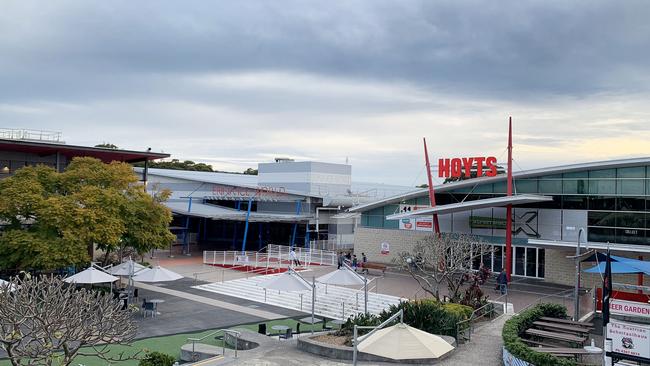
Scentre is pursuing opportunities where it can and at Westfield Eastgardens in Sydney, which it co-owns with the private Terrace Tower Group, it has flagged plans for three towers, including a hotel and student housing.
It is also active in regional NSW and a $2.8bn scheme with the Hunter and Central Coast Development Corporation and Darkinjung Local Aboriginal Land Council to redevelop Westfield Tuggerah site and adjoining land into a jobs, transport and education hub.
Other players are also busy.
Funds manager Elanor has lodged plans for a huge $900m redevelopment of Tweed Mall at Tweed Heads into a new “living, breathing precinct” over the next decade.
The proposed development next to the Queensland-NSW border would rise up to 15-storeys tall and include a mix of commercial, entertainment, retail, lifestyle, tourist and residential accommodation space.
More owners are realising the true value of the mixed-use potential of their big centres. Lendlease’s own retail fund is pursuing the strategy and Mirvac has demolished Sydney’s Harbourside Shopping Centre to make way for a retail, office and apartment scheme.
All this activity means that while deals on larger centres were stalled in 2022 by vaulting interest rates, the properties were already well on the way back from the depths of the pandemic.
In late 2021, the then independent AMP Capital and its superannuation fund partners Cbus Property and UniSuper took full control of two of Australia’s largest shopping centres – Sydney’s Macquarie Centre and Pacific Fair on the Gold Coast – in deals worth about $760m.
At the time, those transactions were seen as a litmus test for how large malls have held up during the pandemic, with values not as sharp as during the boom but avoiding a collapse.
Now the big attraction is what lies ahead, with big towers already being plotted above many of the country’s favourite malls.




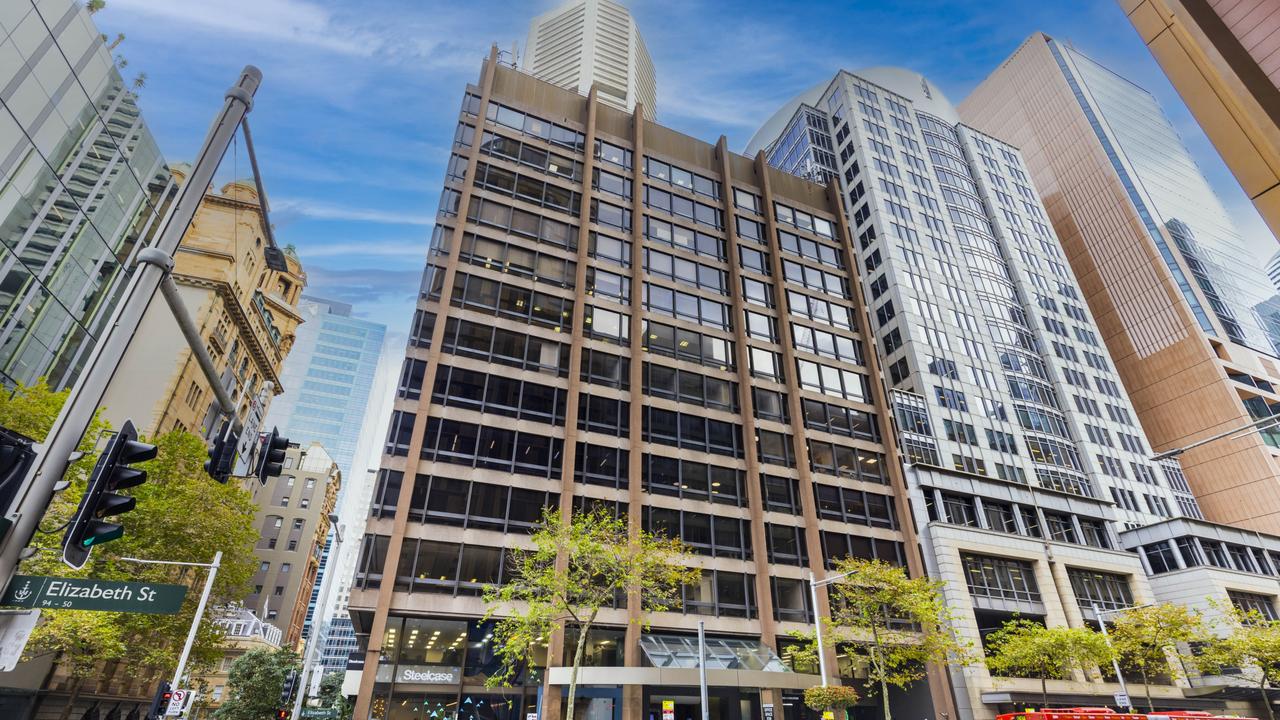
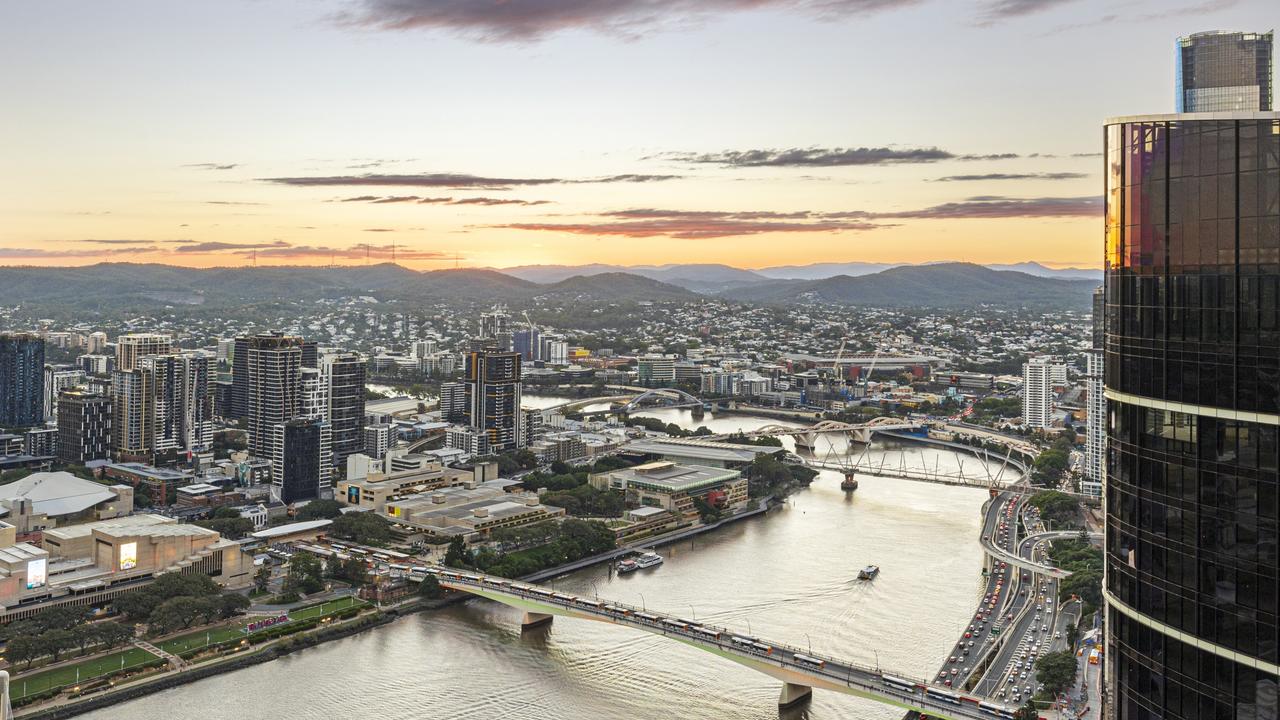
To join the conversation, please log in. Don't have an account? Register
Join the conversation, you are commenting as Logout